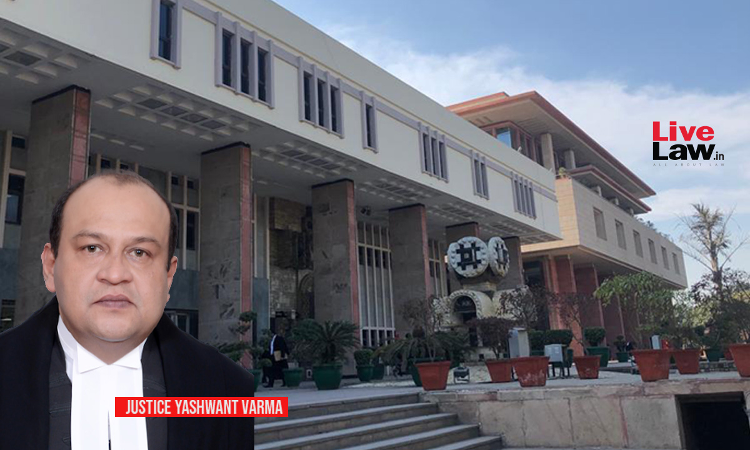The High Court of Delhi has held that an order of the tribunal rejecting the application for impleading a party to arbitration is not an interim award but merely a procedural order, therefore, the same cannot be challenged under Section 34 of the Act. The bench of Justice Yashwant Varma held that an arbitral tribunal, during the continuance of arbitral proceedings, passes many orders...

